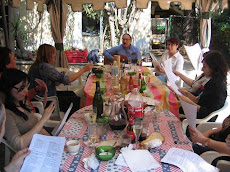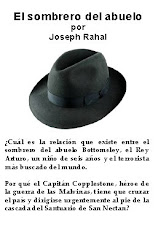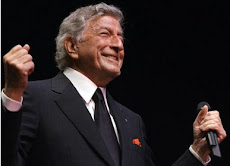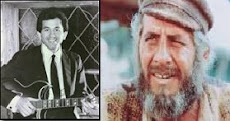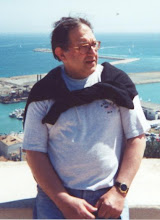 (Pilgrimage to the sanctuary of Our Lady of Rocio in Spain)
(Pilgrimage to the sanctuary of Our Lady of Rocio in Spain)Last Sunday I went to mass; not something I've been doing a lot just recently. The occasion was very special. A close friend invited me, just as she had done several years ago, to attend a "Rocio" mass in the near-by town of Badalona, a very short distance from Barcelona. This particular mass takes place on the last Sunday of every month. It's actually called "Misa Rociera" in Spanish and is named after Our Lady of Rocio.
It would seem that during the XIII century, King Alfonso X, known as "the Wise", had a chapel built in the territory known as "Las Rocinas", an area he had reconquered from the Moors and where he enjoyed hunting. This sanctuary contains a life-size wooden statue of Our lady, apparently found by a hunter. Further information of interest can be found at the following link.
http://www.elrocio.net/page2.html
The special feature that makes the Rocio mass so unique is its music. A group of "Rocieros", devout followers of Our Lady of Rocio, dressed in the typical Andalusian costumes of the region, sing the official songs of the mass, as well as others, in the traditional flamenco style of the South of Spain. The experience is so emotive that it really is difficult to hold back the tears; I certainly couldn't. The high point of the mass is usually the "Salve", though there are times when they don't sing it.
Here's a video with a selection of photographs (I couldn't find a decent film of the mass) and the "Salve" sung by "Ecos del Rocio" or "Gente del Gines" - I'm not quite sure - and offered by kakiera on youtube.com. Lyrics follow the video in original language (Spanish). Translation, and other pictures, on the left.Thank you kakiera and thank you youtube.com for your excellent iniciative. I really do hope you'll enjoy this and that you'll find the experience as. or at least almost as, spiritually enriching as I did.
The special feature that makes the Rocio mass so unique is its music. A group of "Rocieros", devout followers of Our Lady of Rocio, dressed in the typical Andalusian costumes of the region, sing the official songs of the mass, as well as others, in the traditional flamenco style of the South of Spain. The experience is so emotive that it really is difficult to hold back the tears; I certainly couldn't. The high point of the mass is usually the "Salve", though there are times when they don't sing it.
Here's a video with a selection of photographs (I couldn't find a decent film of the mass) and the "Salve" sung by "Ecos del Rocio" or "Gente del Gines" - I'm not quite sure - and offered by kakiera on youtube.com. Lyrics follow the video in original language (Spanish). Translation, and other pictures, on the left.Thank you kakiera and thank you youtube.com for your excellent iniciative. I really do hope you'll enjoy this and that you'll find the experience as. or at least almost as, spiritually enriching as I did.
For other versions of this beautiful song, try searching for "salve rociera" in youtube.com. In particular, I recommend this other version from Isabel Pantoja's concert at the Palau de la Musica in Barcelona. The standing ovation lasted four minutes! The song comes after the ovation-
There's also a beautiful version by Rocio Jurado-namesake of the virgin- who died a couple of years ago.
For a more popular version, try this one from the singers at the Virgin's Sanctuary of Almonte, the village where it all took place.
http://www.youtube.com/watch?v=RJ6Y-dP1lnc&feature=related
http://www.youtube.com/watch?v=RJ6Y-dP1lnc&feature=related
Dios te salve María, del Rocío Señora, luna, sol, norte y guía, y pastora celestial.
Dios te salve María, todo el pueblo te adora, y repite a porfía, como tu no hay otra igual.
Oléééééé, olé / olé, olé, olé / olé, olé, olé, olé, olé,olé, olé, olé,olé,olé,olé / olé, olé, olé,
al Rocío yo quiero volver, a cantarle a la Virgen con fé,
con un Oléééééé...............................................................................................................
Dios te salve María, manantial de dulzura, a tus pies noche y día, te venimos a rezar.
Dios te salve María, un rosal de hermosura, eres tú, madre mía, de pureza virgina
Oléééééé, olé / olé, olé, olé / olé, olé, olé, olé, olé,olé, olé, olé,olé,olé,olé / olé, olé, olé,
al Rocío yo quiero volver, a cantarle a la Virgen con fé,
con un Olé...............................................................................................................
con un Olé...............................................................................................................


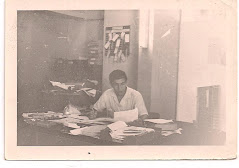


















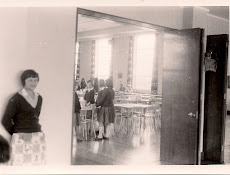

















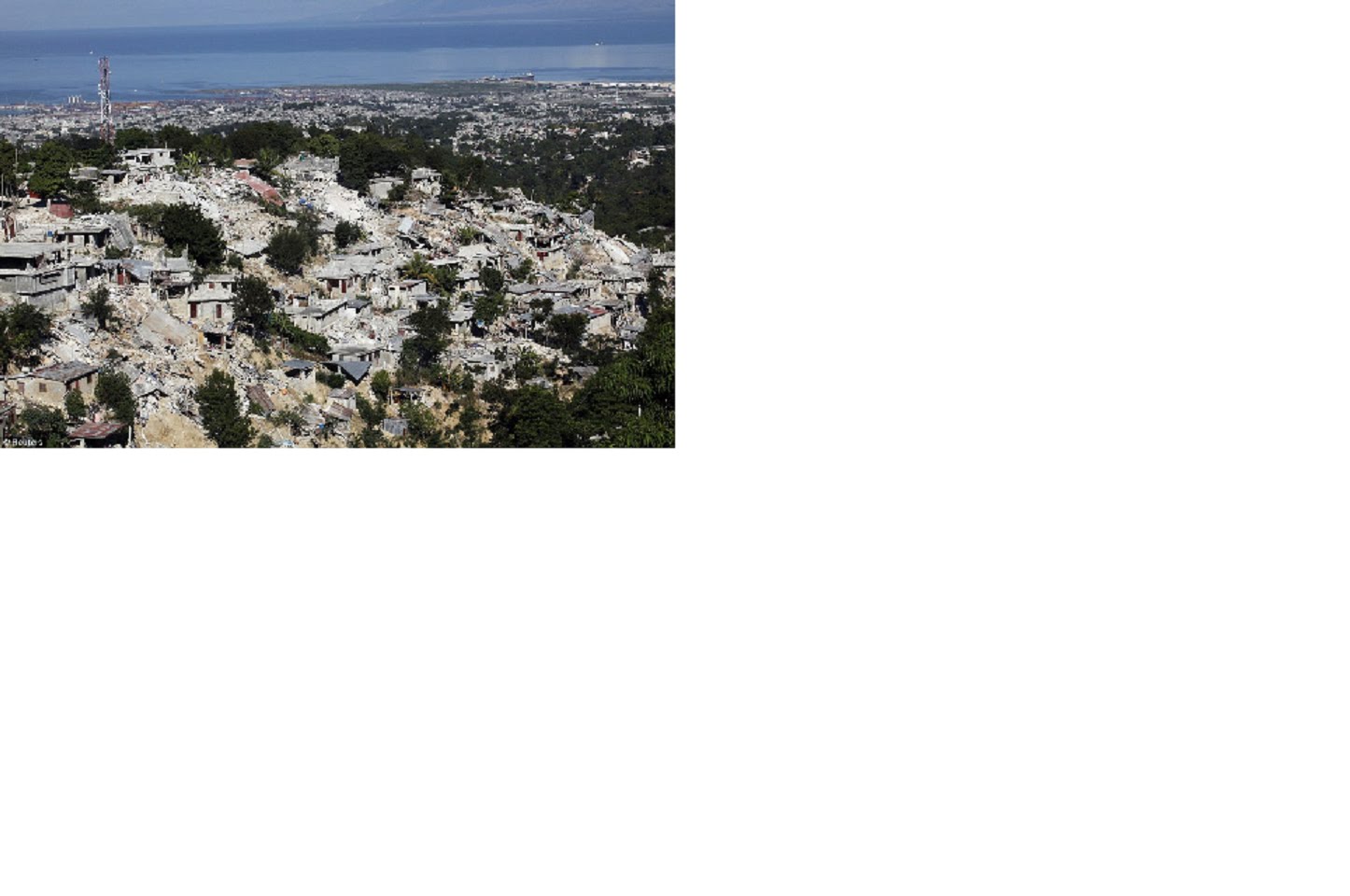


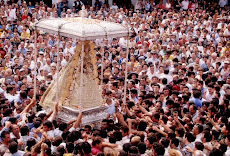%5B1%5D.jpg)






































